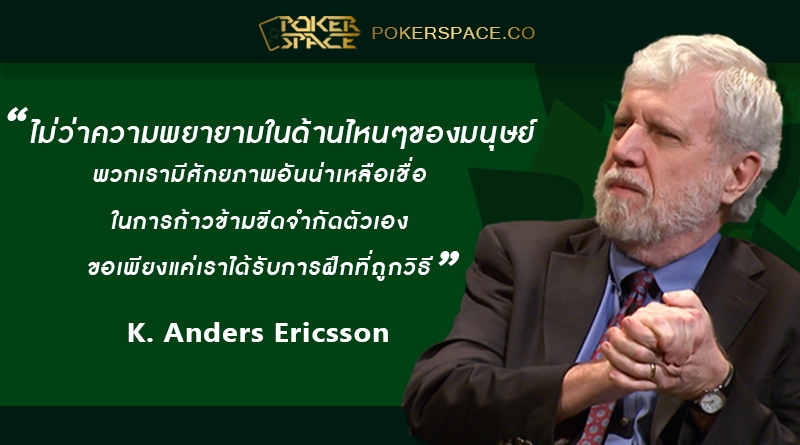
If you’re having lots of fun “practicing”, it likely isn’t actual practice. Most people wrongly assume that years of playing a sport will make them better or years of experience practicing will make any professional better but likely, skills actually slowly deteriorate from the moment you stop making an active effort to improve. Furthermore, for deliberate practice to work, you must believe that you can improve and maybe have someone to motivate you when you’re down (social pressure often helps). That’s probably also why test-taking is the best way to learn: There’s a clear goal, you have limited time to put in maximum focused effort and you get feedback on how well you did afterwards. But you can also implement them yourself if you make an effort. Ideally, a good teacher with a track record of getting people to achieve the goal quickly and effectively will cover most of these points.


deliberate practice a term coined by Ericsson to refer to the specific learning method used by experts to achieve superior performance in their fields, and mental representations. The long promised book review and summary of the most important takeaways from Peak.Įver wonder why you’re not improving at skills despite using them every day? You’re not using deliberate practice is why. The concept is discussed in detail in a highly recommened book: Peak: Secrets from the New Science of Expertise by K. Have you heard of the concept of “deliberate practice”? It’s a method for rapid skill aquisition through practicing in a certain way.


 0 kommentar(er)
0 kommentar(er)
